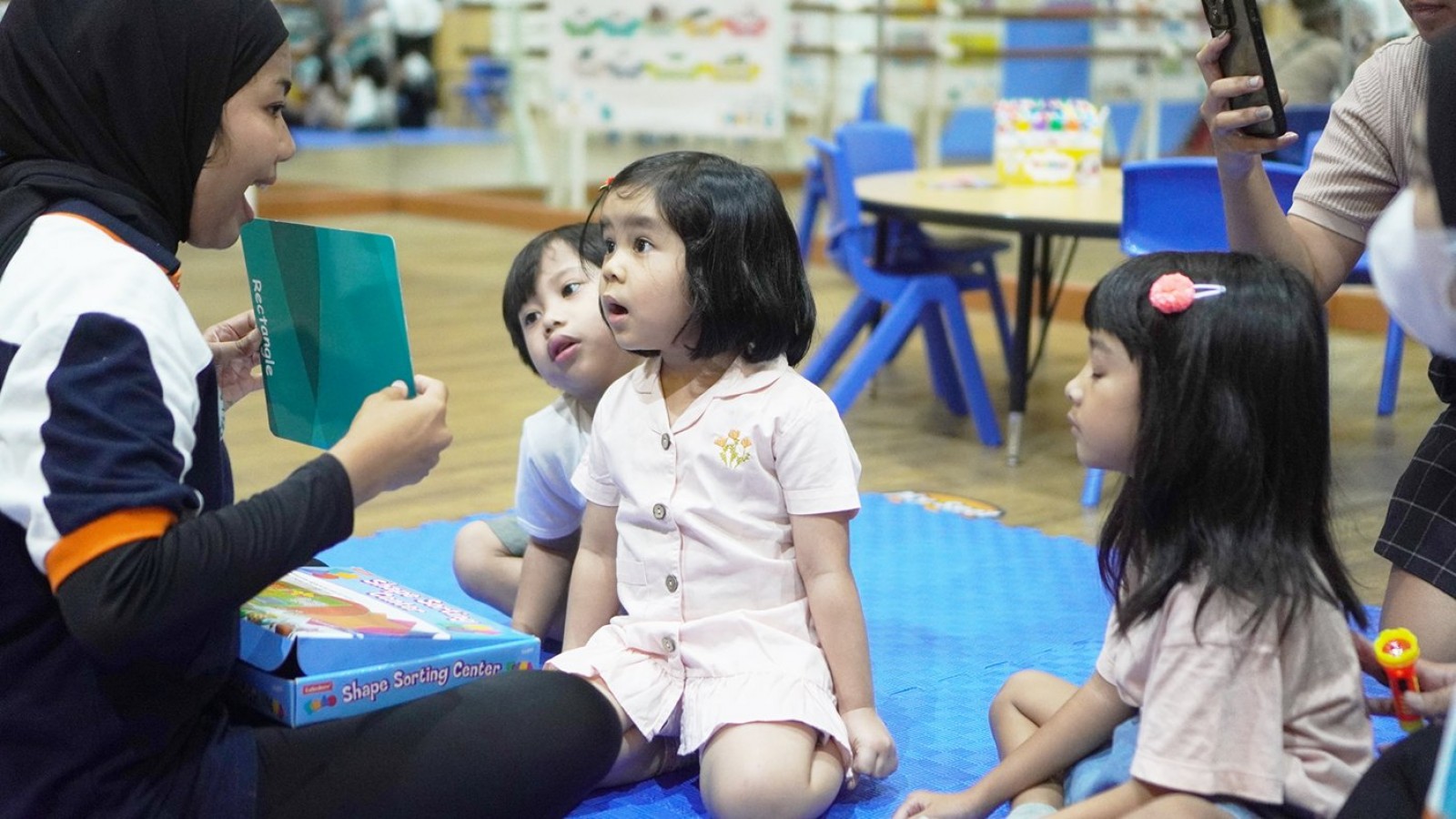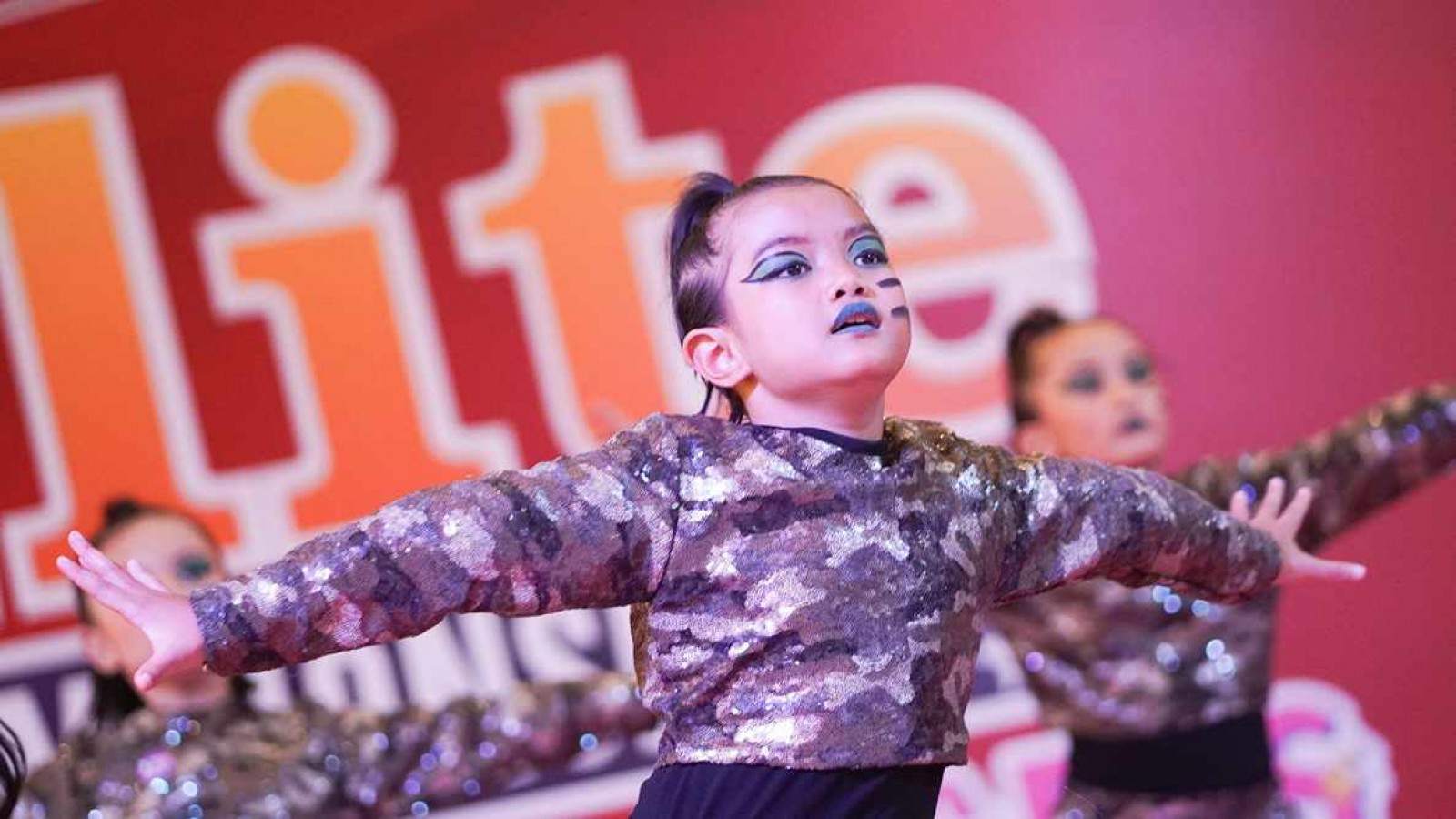How Do You Manage Preschool Behaviour? The Role of Preschool in Shaping Good Habits

Ever wonder how those tiny humans in cute backpacks and mismatched socks go from toddler chaos to calmly lining up for snack time? Welcome to the fascinating world of preschool!
The preschool years are a time when children start to learn how to behave in social settings, understand rules, follow instructions, and regulate their emotions. Sounds like a big job for a small child, right? That’s where preschool acts as a place to play and learn, but as a powerful environment for shaping good behavior and lifelong habits.
In this article, we’ll explore everything you need to know about managing preschool behavior and how preschools help children grow into kind, responsible, and confident little humans. Let’s check it out!
Understanding Child Behavior in the Preschool Years
Children aged 3 to 5 are at a magical yet sometimes messy stage of cognitive development. At this age, they are:
-
Learning how to express emotions (but may still throw the occasional tantrum!)
-
Starting to understand rules and routines
-
Building relationships with peers and adults
-
Testing boundaries to figure out what’s okay and what’s not
-
Developing empathy, self-control, and patience (slowly, but surely!)
It’s perfectly normal for preschoolers to struggle with big feelings, have trouble sharing, or not always listen the first (or fourth) time. These behaviors aren’t signs of “bad kids,” but rather signs that they’re learning how to be part of a group and that takes time, guidance, and consistency.
Why Going to Preschool Helps Manage Behavior
You might ask, “Can’t I teach my child these things at home?” Absolutely and you should! But preschool program offers something very special that complements home life:
1. Structured Environment
Preschools follow a routine and children thrive on this predictability. A clear structure helps kids know what to expect and when, reducing anxiety and chaotic behavior.
2. Social Learning
Preschool gives kids a chance to play and interact with others their age. This is where they learn about turn-taking, sharing, solving disagreements, and using kind words. These social skills are tough to master with adults alone.
3. Positive Role Models
Preschool teachers are trained in early childhood development and understand how to manage behavior in a calm and loving way. Children often mirror the behavior of trusted adults, and positive role modeling from teachers is powerful.
4. Independence and Responsibility
In preschool, kids are encouraged to do things for themselves. These little tasks help them take ownership of their actions and feel a sense of pride in doing the right thing.
What Is Preschool Behavior Management?
Preschool behavior management is about guidance, consistency, and teaching. The goal is to help children understand what is expected of them and how to meet those expectations in a respectful and nurturing way.
Effective behavior management includes:
-
Setting clear rules
-
Using positive reinforcement
-
Redirecting inappropriate behavior
-
Teaching problem-solving skills
-
Helping children name and express their feelings
The focus is always on helping children grow emotionally and socially, rather than simply stopping “bad” behavior.
How Do You Manage Preschool Behaviour?
Preschool classroom management is all about creating a fun, safe, and structured environment where children can learn, grow, and thrive. And yes, it's totally possible with the right tools and mindset.
Here are seven tried-and-true strategies that help keep preschool classrooms running smoothly and joyfully:
1. Create a Predictable Routine
Young children feel most secure when they know what’s coming next. Predictable routines give them a sense of stability and help them manage transitions more easily which means fewer tantrums and less confusion.
For example, in Ms. Dina’s class, the daily routine includes arrival time (putting away bags and choosing a quiet activity), morning circle, structured play, snack time, outdoor play, story time, and finally dismissal.
Because this schedule is consistent every day, children begin to anticipate what comes next, making them more cooperative and calm. A routine also helps build independence, as children learn what’s expected of them at each point in the day.
2. Use Visual Cues
Since preschoolers are still developing their reading skills, visuals are incredibly helpful in guiding them through the day. Visual cues like picture schedules, illustrated classroom rules, or even behavior charts with symbols (like a traffic light system) make expectations clear.
A picture schedule shows:
playtime → snack → outdoor → story time
A “clean-up time” song paired with a picture of toys being put away signals it’s time to tidy up. A traffic light chart might show green for "great behavior", yellow for "warning", and red for "stop and talk."
3. Model Desired Behavior
Children are natural imitators, so it’s important that teachers and adults consistently demonstrate the kind of behavior they want to see. Modeling behaviors like kindness, patience, and calm problem-solving teaches children how to respond to situations in a positive way.
If a child accidentally spills their drink, instead of scolding, a teacher might calmly say, “Oops, spills happen! Let’s grab a cloth and clean it up together.” This not only teaches responsibility but also shows empathy and solution-focused thinking.
When children see adults handle challenges with a calm and respectful attitude, they are more likely to do the same.
4. Praise the Positive
Preschoolers thrive on attention, so let’s use that to our advantage by catching them doing something right! Praising positive behavior encourages children to repeat it. The key is to be specific with your praise.
Instead of just saying “Good job,” say, “I love how you helped clean up the blocks without being asked!” or “You waited your turn so patiently and that was very respectful.”
Recognizing good behavior helps build a child’s confidence and teaches them exactly what kind of behavior is appreciated. And don’t forget the quieter kids since they often do the right thing without drawing attention to themselves, so be sure to give them a moment in the spotlight too!
5. Offer Choices
Preschoolers are learning how to assert themselves, and offering choices is a great way to let them feel in control while still keeping them on task. Choices help prevent power struggles and teach decision-making.
During clean-up time, a teacher might ask, “Would you like to clean up the blocks or the coloring table?” Or when it’s time to put on jackets, “Do you want the red jacket or the blue one today?”
These are both win-win situations where the child still completes the necessary task, but gets to feel empowered by making a decision. Always make sure to offer choices that are acceptable to you as an adult.
6. Redirect, Don’t Scold
Instead of jumping straight to discipline when a child misbehaves, redirection offers a more constructive path. Redirection involves guiding a child toward a better behavior without shaming or punishing them.
If a child is throwing toys, you might say, “Toys are for playing, not for throwing. Want to build a tall tower with me instead?” Or if a child is acting out during story time, the teacher could ask, “Do you want to sit next to me or move to the calm corner for a bit?”
Redirection helps children learn boundaries in a positive way and gives them options to regain control of their behavior.
7. Teach Emotional Literacy
Big emotions are common in little kids and they often don’t yet have the vocabulary to explain what they’re feeling. Learning emotional literacy helps children recognize, name, and manage their emotions in healthy ways.
A great way to do this is through “Feelings Boards” or charts with expressive faces labeled “happy,” “sad,” “angry,” “frustrated,” “proud,” etc. Teachers can encourage kids to check in each day by choosing how they feel.
During tough moments, adults can help name the emotion: “I see you’re upset because it’s not your turn yet. That’s frustrating. Let’s take a deep breath together.” Books and songs about feelings are also fantastic tools to support emotional learning.
Choose the Right Preschool!
If you’re looking for the best early childhood education that supports behavior development in a fun and nurturing way, Preschool & Kindergarten at Rockstar Academy is the perfect place to start.
At the best Sports and Performing Arts Academy, your child will experience a well-rounded program that combines academics with physical activities, exciting events, and age-appropriate competitions designed for different skill levels and interests.
These experiences are powerful opportunities for children to grow socially, emotionally, and academically. Through both classroom learning and physical activities, children learn about teamwork, patience, and problem-solving.
With caring guidance from experienced teachers, children become more adaptable and confident in their abilities. And the best part? Rockstar Academy’s Preschool Program offers a free trial class, so your child can experience the joy of learning and growing in a supportive environment before enrolling. Give Rockstar Academy a try today!
FAQ
What's normal behavior for preschoolers?
It’s normal for preschoolers to be energetic, curious, and sometimes impulsive. Occasional tantrums, difficulty sharing, or not listening immediately are all part of learning self-regulation. What matters is that they’re supported and guided consistently.
What should I do when my child misbehaves at preschool?
First, talk to the teacher to understand what happened and how it was handled. Work together to create consistent messages at school and at home. Stay calm, talk to your child about their feelings, and help them come up with better choices next time.



